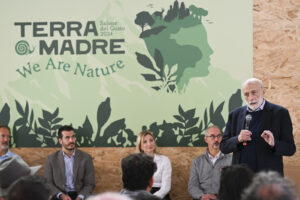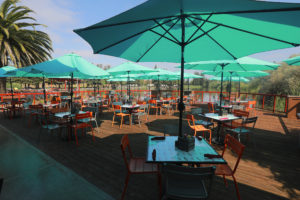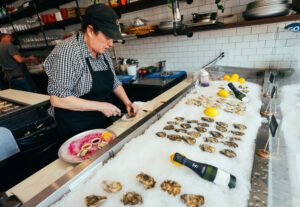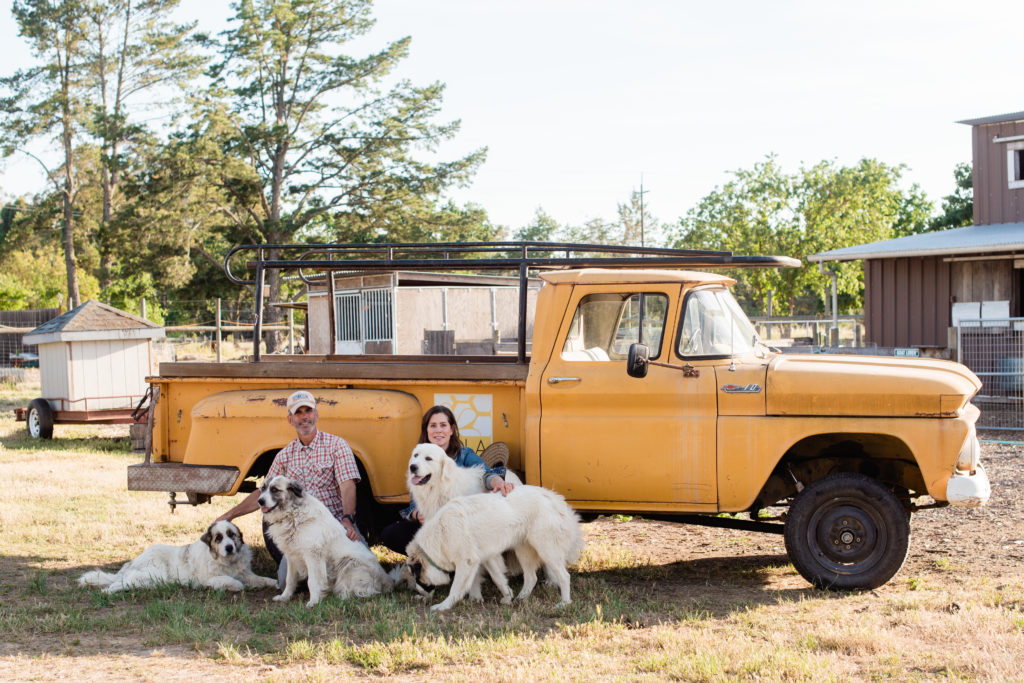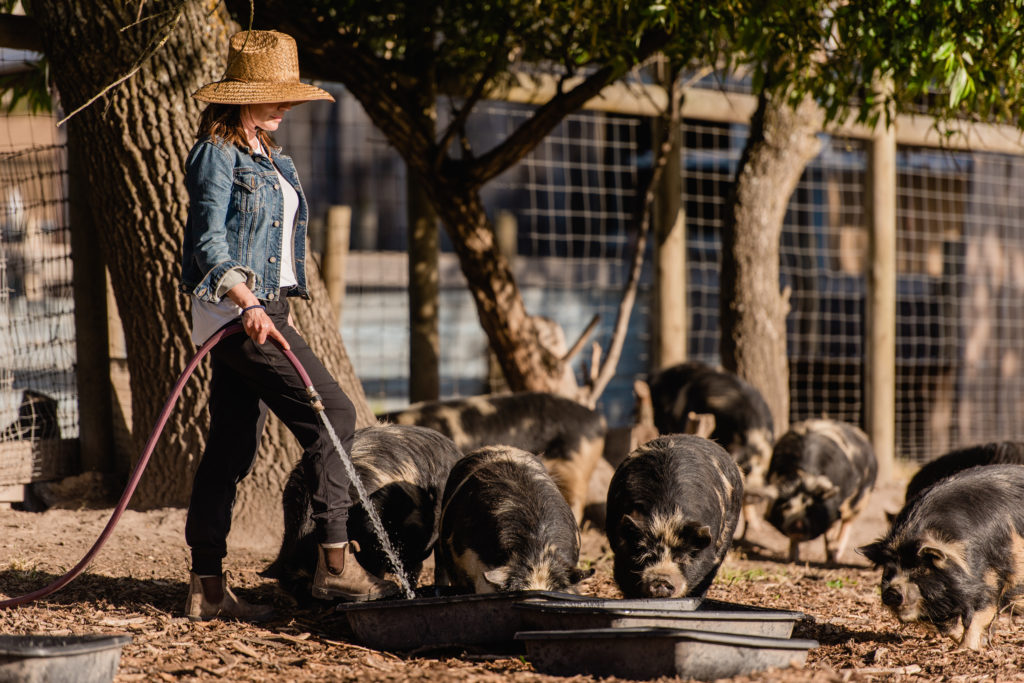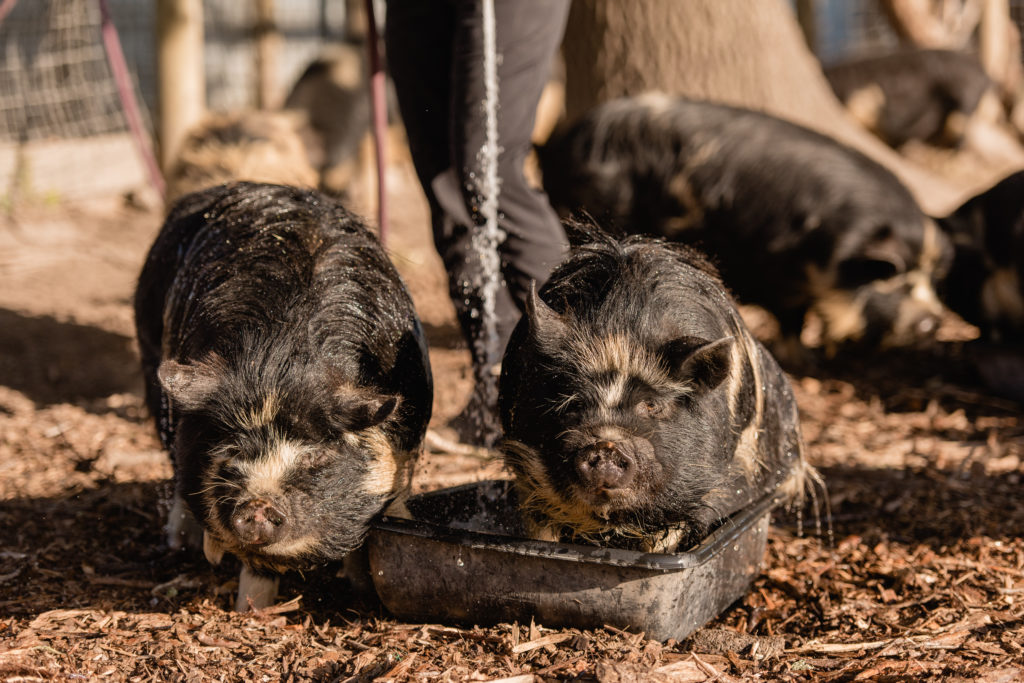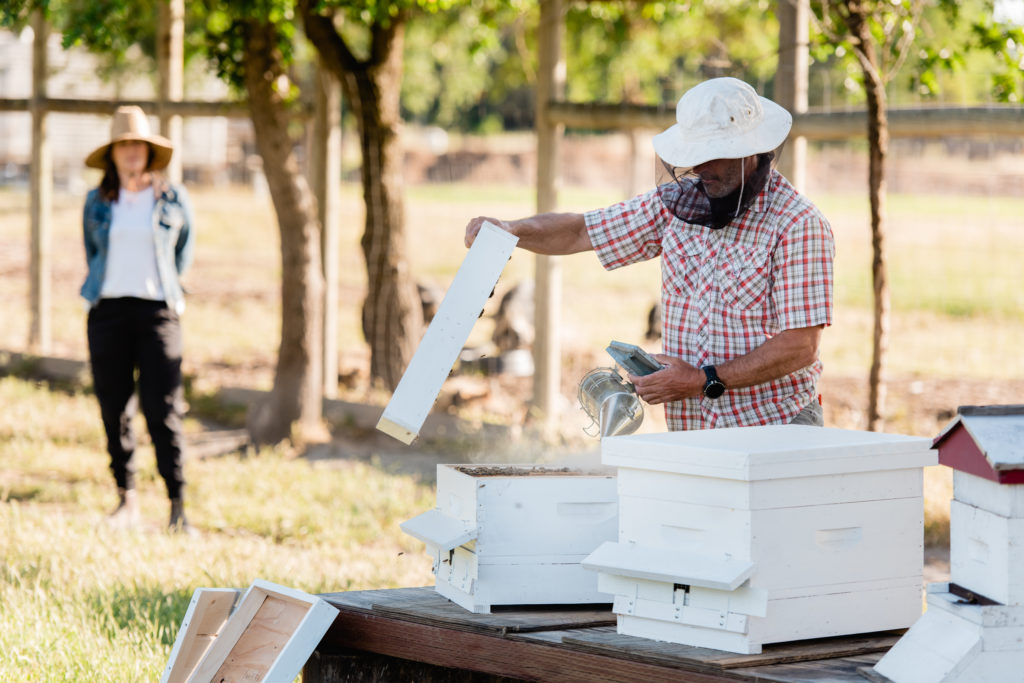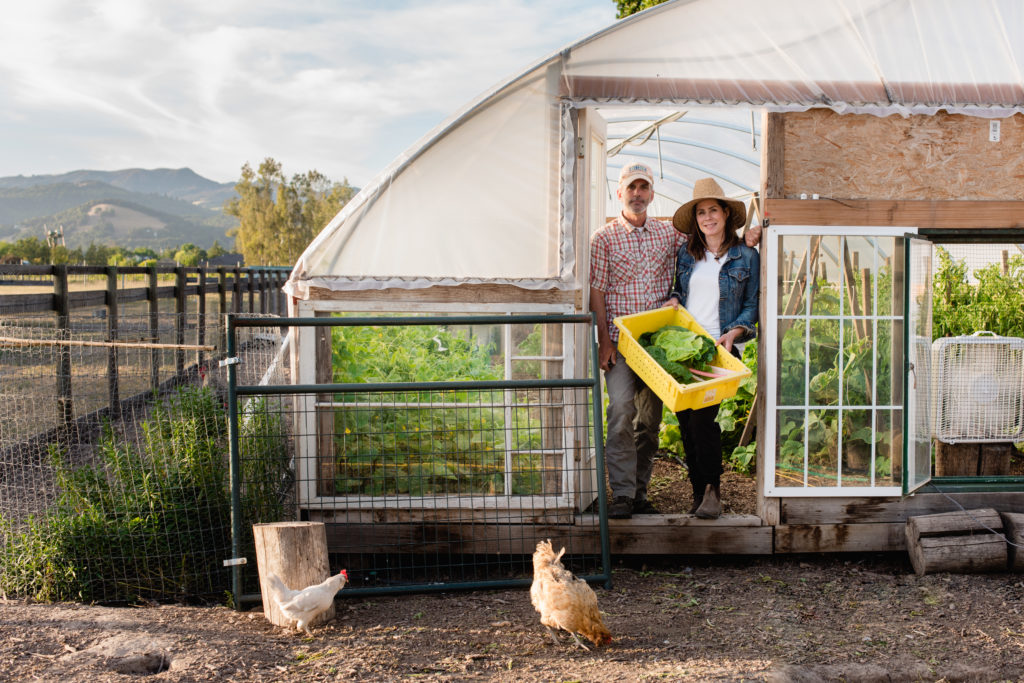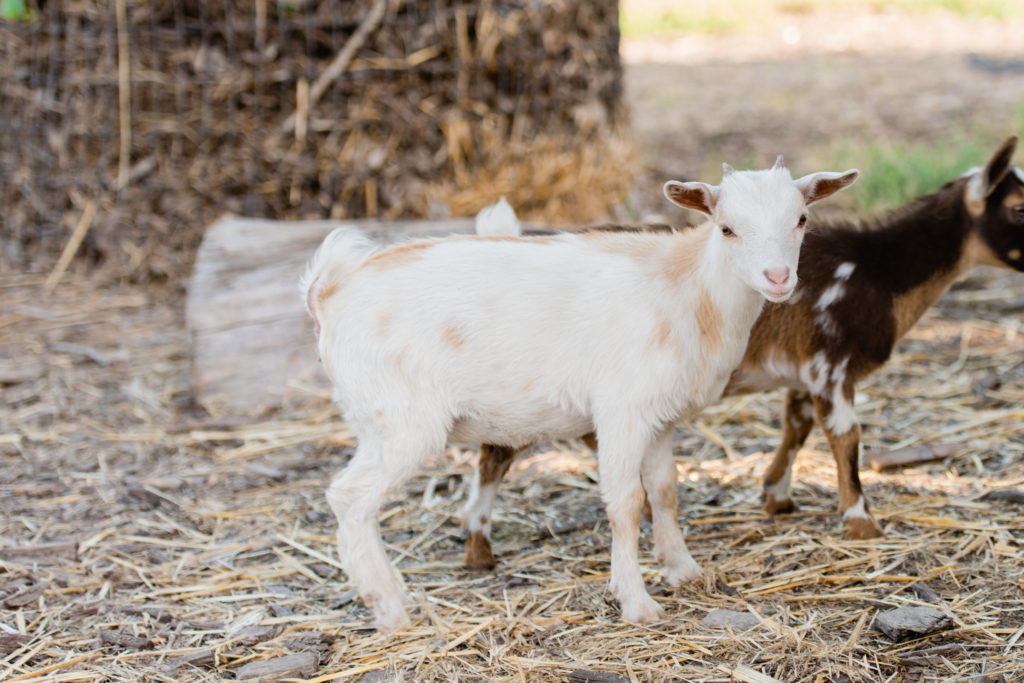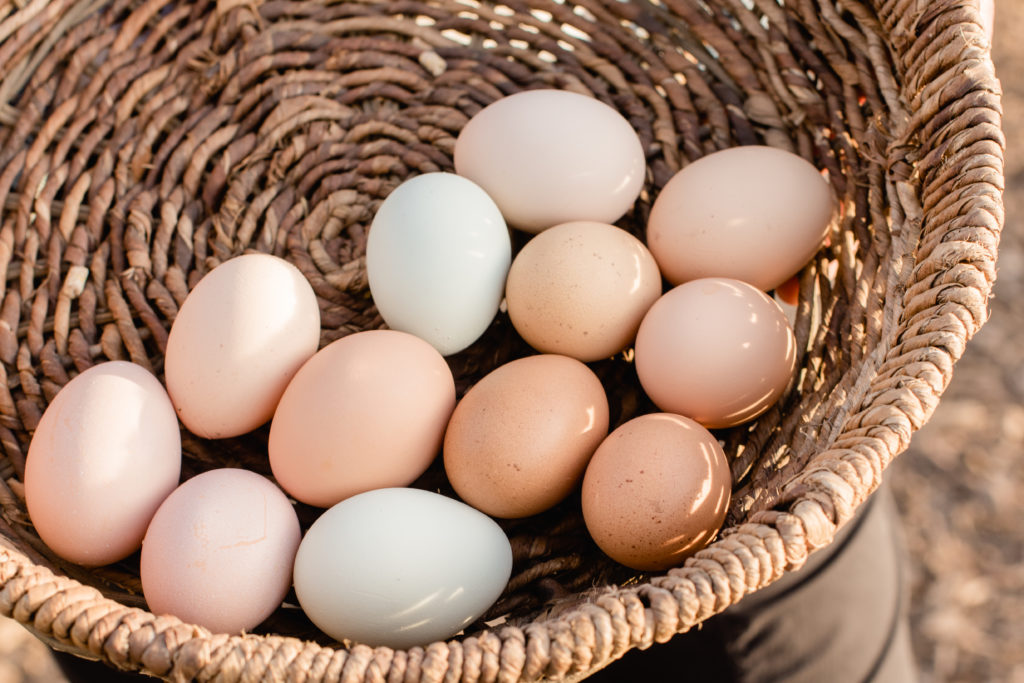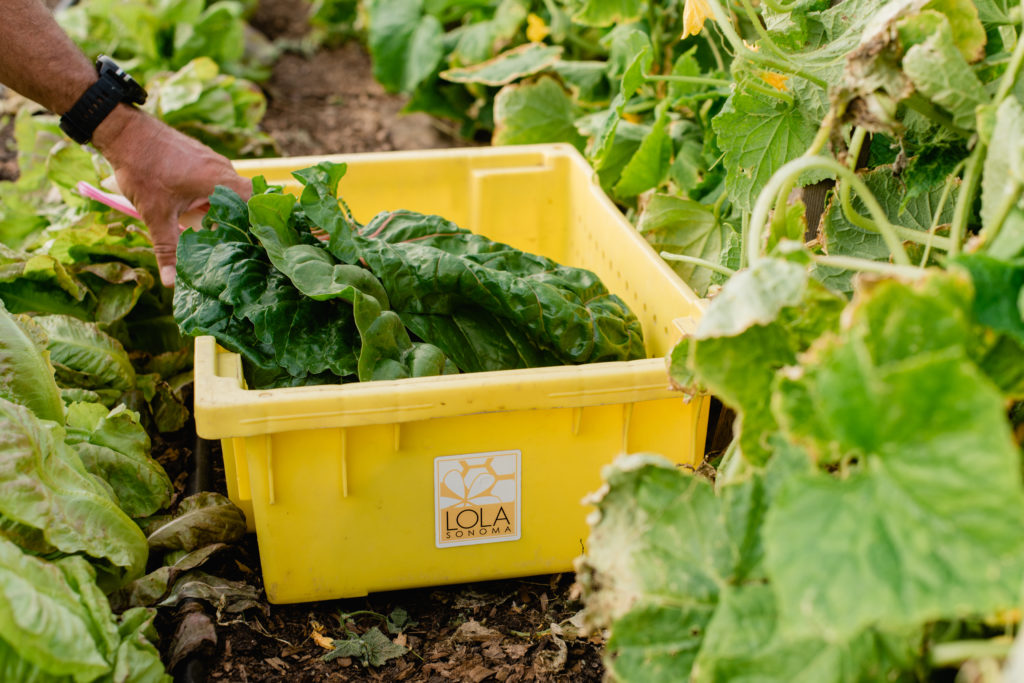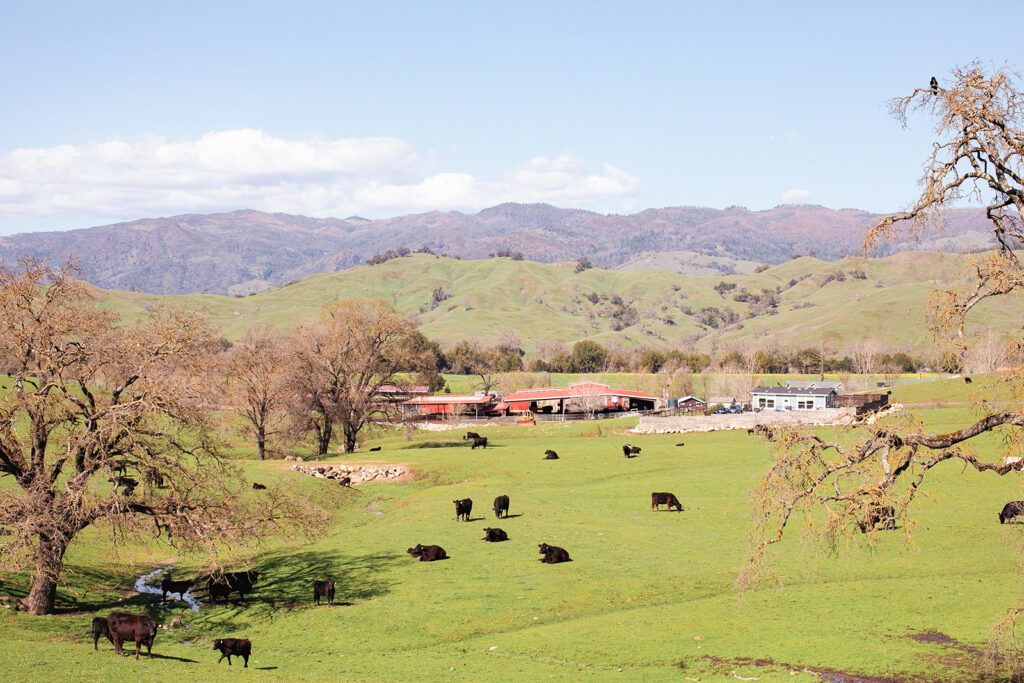Chris and Lori Melançon were living in San Francisco and burning out on the hustle of city life when they started having discussions about buying land and becoming farmers. “We were doing the city thing, the rat race so to speak, working really hard at our corporate jobs and still not able to quite afford the apartment we were in,” Lori recalls.
They talked about purchasing a small plot of land where they could meditate, garden, and, in Lori’s case, practice yoga. After reading “The Omnivore’s Dilemma,” Michael Pollan’s groundbreaking book on the ethical choices we make with the foods we produce and consume, Lori wondered whether she and Chris could be making more responsible choices. They thought the dream of having their own small farm was something that would have to wait until they retired from their current jobs. But then Chris spotted an opportunity.
It was an online real estate listing for a ranch house built in 1920 on four acres of grazing land just southeast of the town of Sonoma. “When he showed me the picture, I had a feeling,” Lori says.
Seven years later, the couple live full-time on the site of what is now Lola Sonoma Farms (“Lola” is Lori’s nickname) and oversee a thriving enterprise. It’s been harder than they ever imagined. Chris said had the couple known then what they know now, they would have ramped things up more slowly, taken a little more time to understand what they were getting into — and started with better fences. “One thing we learned is when you put male and female animals together, they will procreate,” he says with a laugh.
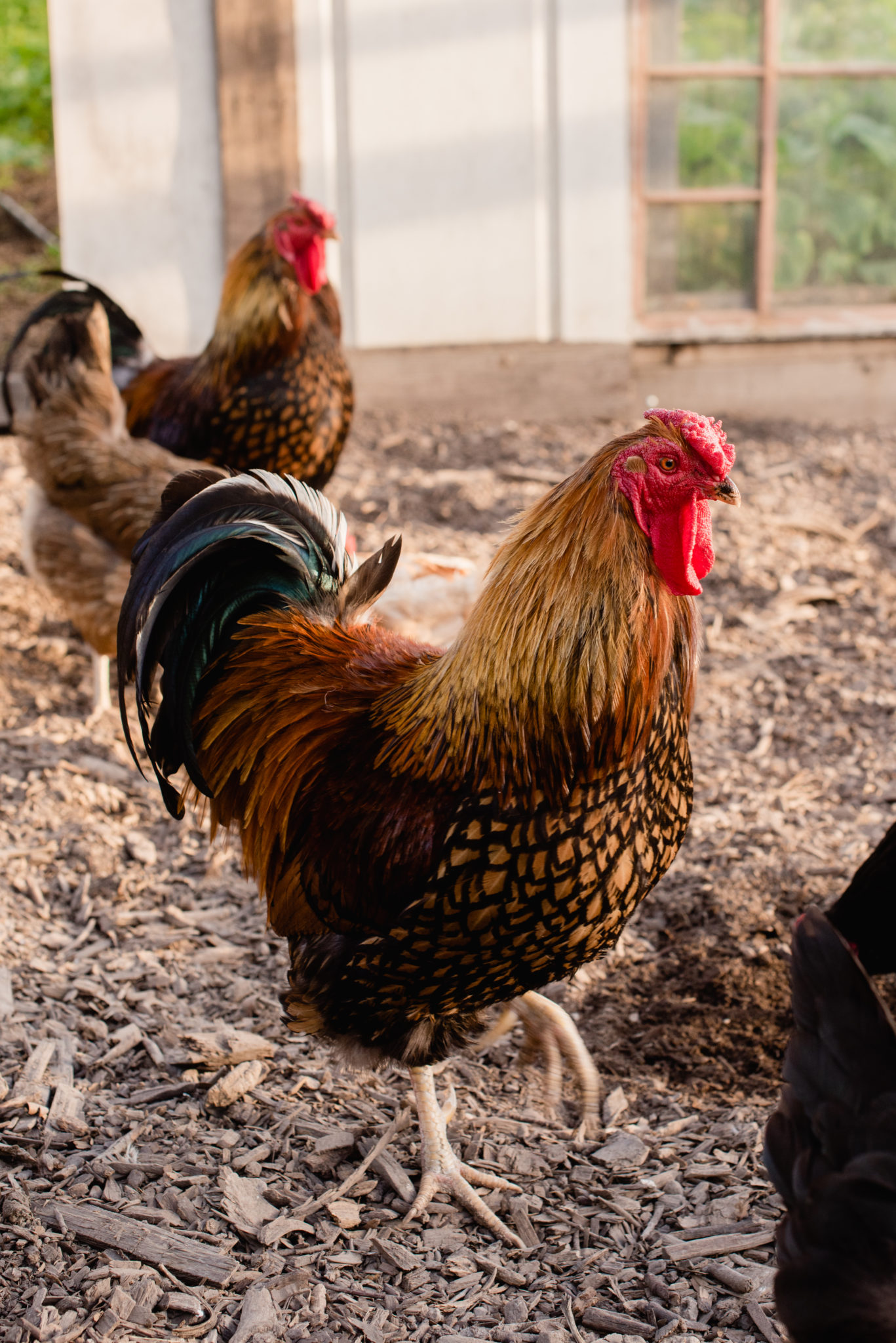
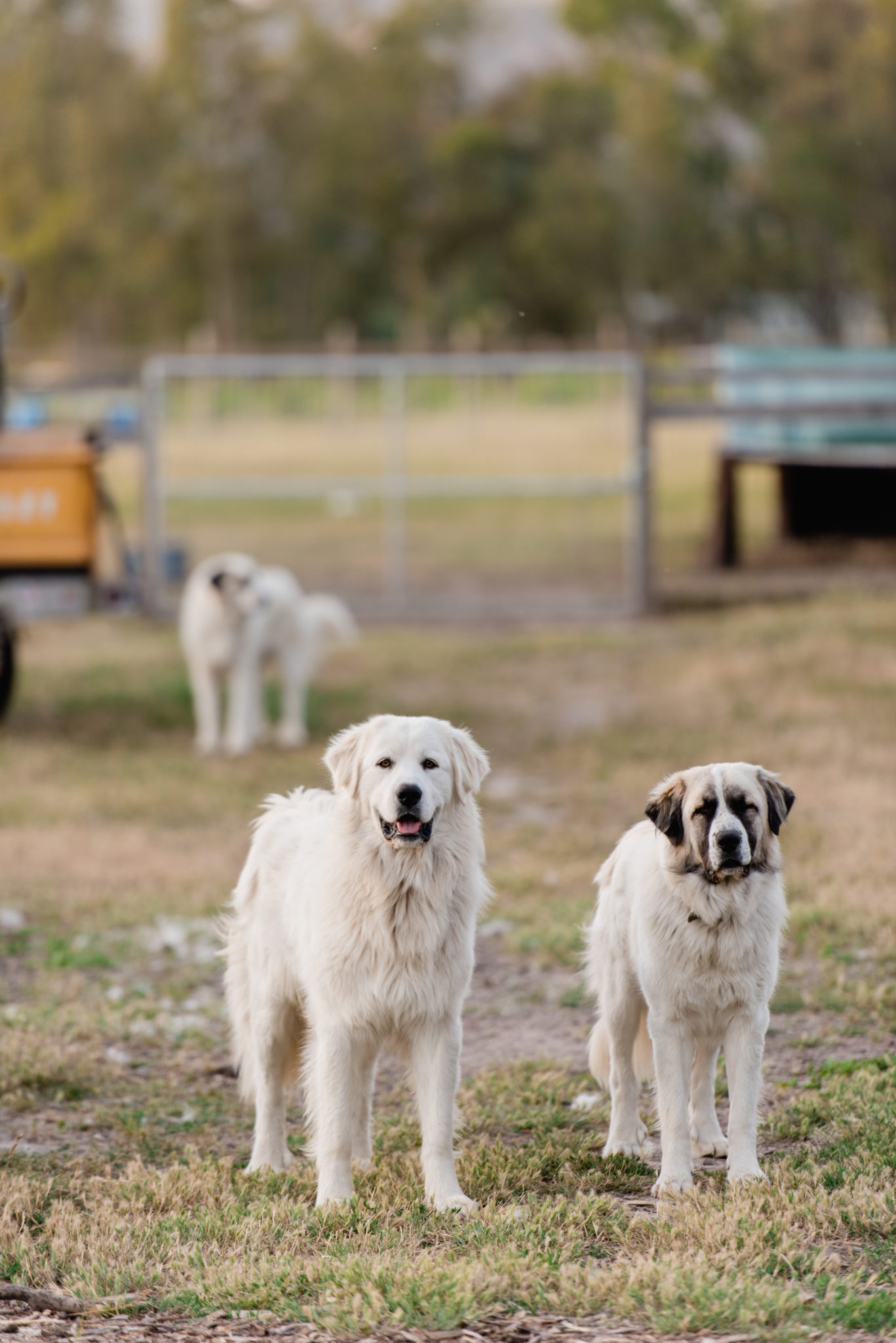
They are not typical farmers. Chris, who grew up in Southern California, honored his family tradition by graduating from the U.S. Military Academy at West Point and serving three years as a light infantry officer. Afterward, he went to business school, which led to a career in biotechnology. He met Lori, who grew up in the Bay Area and has an MBA, at the company where they both worked.
Other than tending a small garden near their apartment and taking a few gardening classes, the couple had zero experience with the gritty day-to-day reality of growing crops or raising animals before launching Lola Sonoma Farms. They have since learned by trial and error, by taking advice and counsel from other farmers and by attending classes and networking sessions.
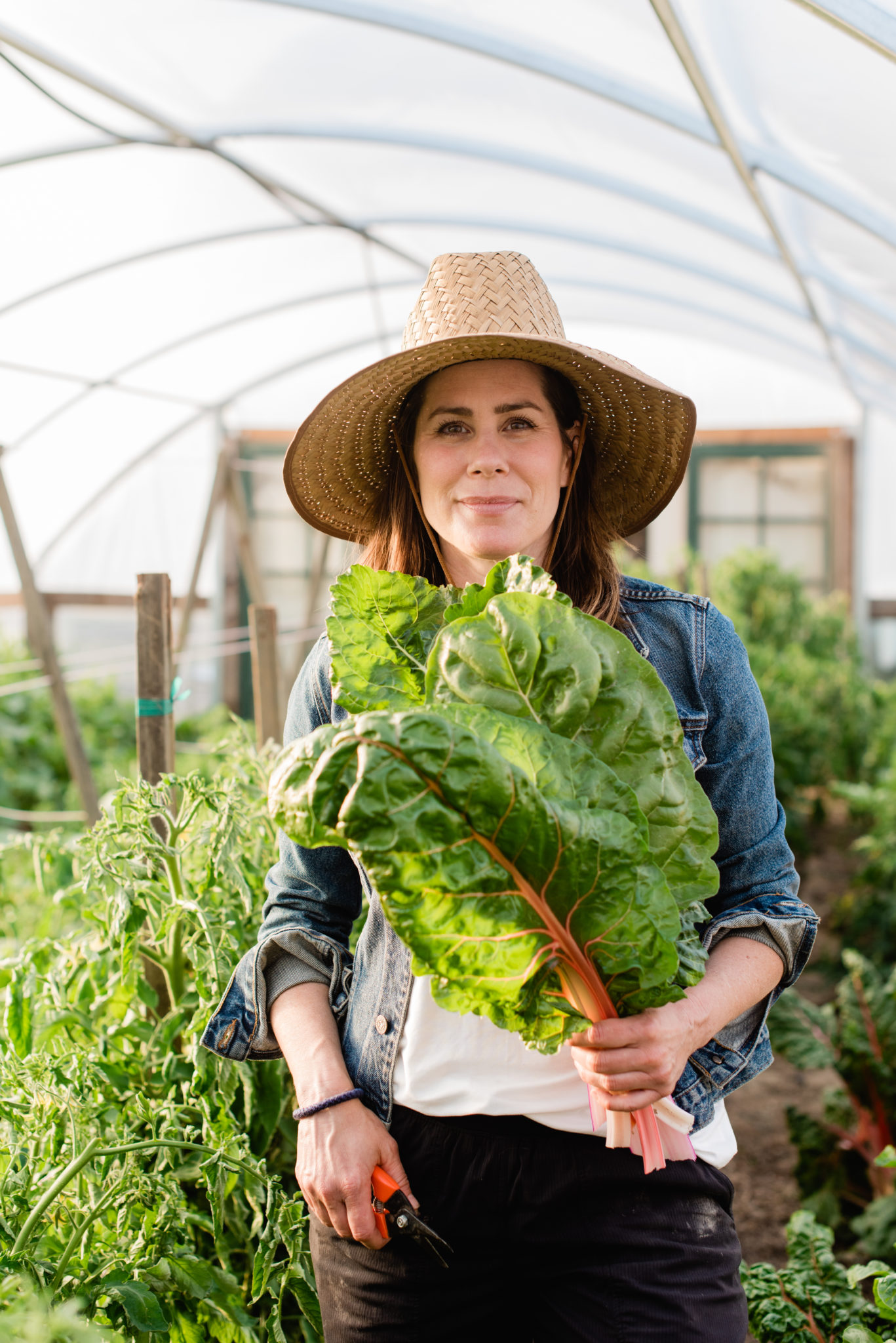
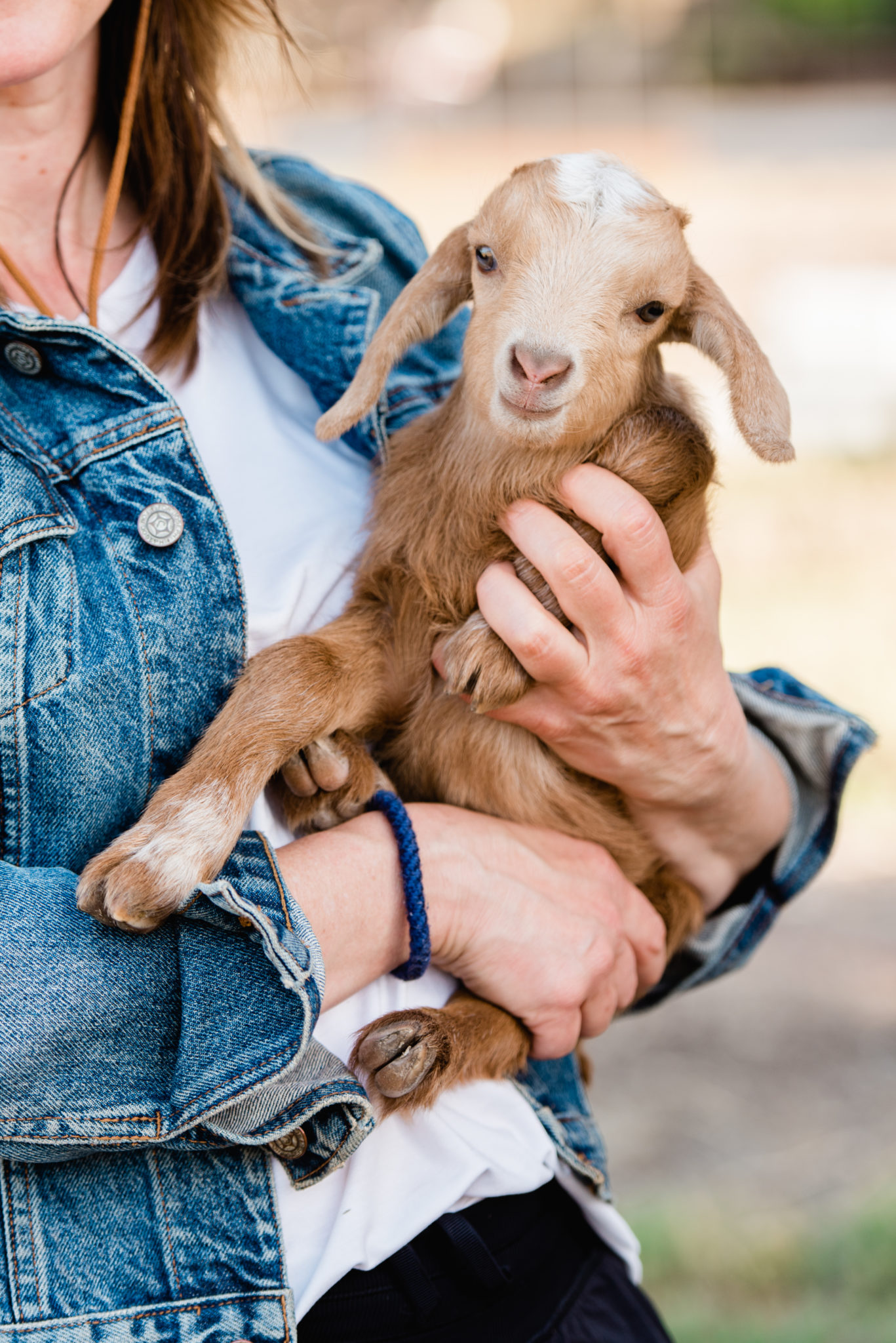
The Melançons grow a range of produce in hoop houses and beds, which they sell at farmer’s markets and to restaurants. Barns and pastures support 40 hens, 17 goats, 32 pigs and a small herd of sheep. Customers can purchase pork through a farm share program. They also keep bees, offer workshops for making goat cheese, and breed livestock guardian dogs to fend off predators, including coyotes, foxes, and raptors.
The couple’s mission is to further regenerative agriculture and put back into the land what they take from it. They’ve received grant funding to plant a hedgerow that supports organic pest control and pollinators. “We’re not going to solve climate change on 12 acres, but we’re doing our part,” Lori says.
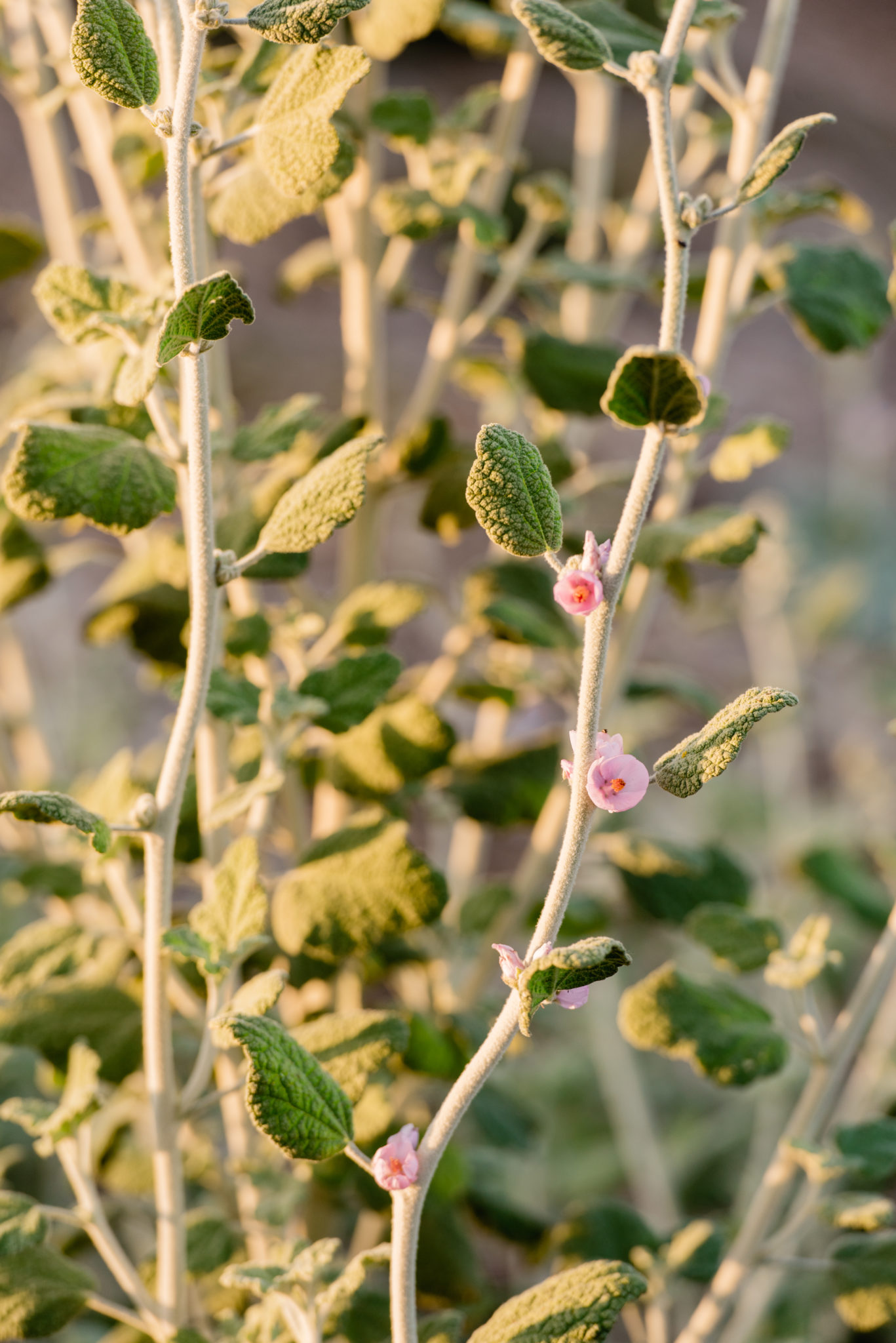
The work is hard, and the days and nights are long. This spring, Lori bedded down in a stall with a goat that had gone into labor. Two of the kids were born without complications, but a third was breach, forcing Lori to reach inside and turn the baby, likely saving its life and the life of the mother. Such life-and-death moments carry profound weight for the couple, who say losing an animal unexpectedly is the hardest part of working the farm. “We’ve seen enough of those instances, more than I care to admit,” Chris says. “But when I talk to other farmers, they say they’ve all been there, that it’s part of the profession. You have to focus more on the beginning and not the endings, and move on.”
Chris works the farm full-time, while Lori still has a biotech job. One silver lining of the coronavirus outbreak is that she has been able to work remotely from the couple’s home. Most days, she rises before dawn, pours herself coffee and logs on to a computer for meetings with her colleagues on the East Coast. In the early afternoon, she changes into her grubbies and heads outside for farm chores.
On warm summer evenings, the couple enjoys home-cooked meals on their outdoor patio in the glow of string lights. Farm volunteers, many of them WWOOFers (Worldwide Opportunities on Organic Farms), are often invited to share the experience. “You get to meet so many people from around the world, and there’s no better way to share a relationship than over food – especially food you’ve grown,” Lori says.
Having traveled widely, Chris says they can’t imagine a place more suited to fostering their dreams than the place they call home. “I can say pretty confidently I don’t think there is another place on the planet that values the small farmer more than Sonoma County.”




